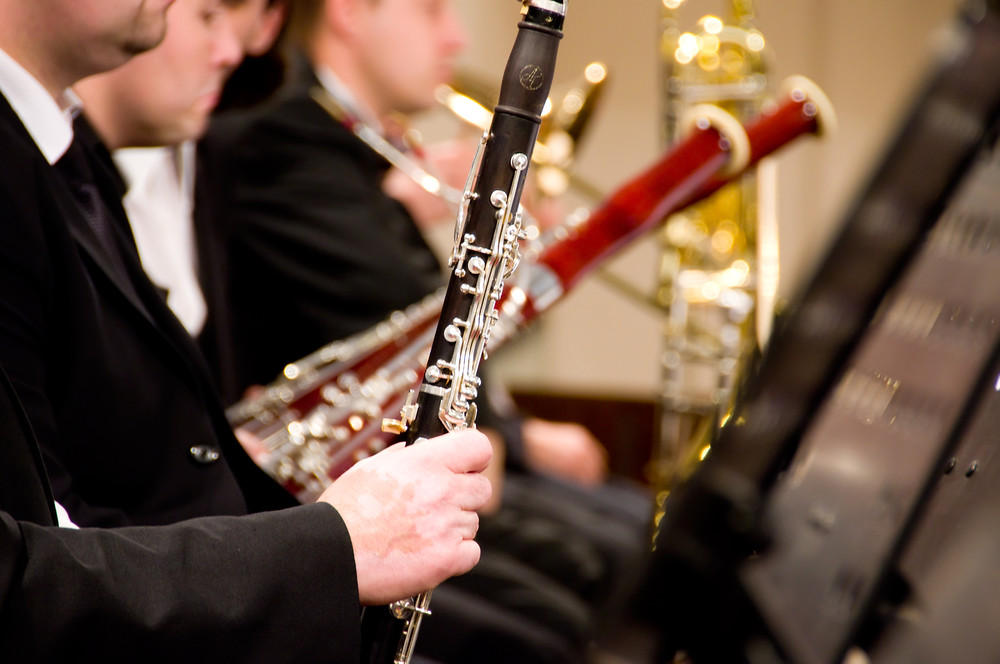 “The most difficult thing about being a musician these days is not talent. It’s sustainability.”*
“The most difficult thing about being a musician these days is not talent. It’s sustainability.”*
–Robert Sirota, former President
Manhattan School of Music
As Robert Sirota implies, hordes of music graduates struggle to sustain themselves in today’s scene.
Here are 8 ways that aspiring musicians can equip themselves to earn good livings from their art.
Eight Ways to Build Sustainable Music Careers
1. Learn About the Music Business
We can’t expect to forge sustainable careers unless we have a basic understanding of our industry. To that end, we should read about the music business, be aware of the diverse roles that professional musicians fill, and know the fundamentals of how non-profit and for-profit music businesses operate. Then, we can discern ways to present concerts and otherwise sell our work.
2. Acquire Professional Know-How
As soon as we discover aspects of the music industry that appeal to us, we can begin acquiring professional know-how. For instance, young musicians can shadow or assist professionals, intern for arts organizations, and enroll in the likes of grant-writing seminars.
3. Develop Multiple Income Streams
The Future of Music Coalition publishes a summary of 42 musician revenue streams. Students who learn about those streams can begin attaining the skills to tap them. In contrast, musicians who only know of 1 or 2 ways to earn income prime themselves for disappointment.
4. Build In-Demand Skills
Our communities need us to supply all sorts of musical products and services. Religious institutions, for example, employ vast numbers of musicians, so keyboardists who gain organ and conducting chops can easily get work as church or synagogue musicians, as can singers who learn to lead choirs. There’s also an ongoing demand for music teachers, which means that musicians with pedagogical ability can often work as much as they like.
5. Connect with New Audiences
Those of us who seek out audiences beyond ordinary niches create robust channels for income and collaboration.
6. Become Tech-Savvy
Musicians who can produce quality online content position themselves to reach diverse populations. To bolster your tech and marketing knowledge, see the Music Careers page at MusiciansWay.com.
7. Lead
Joseph Polisi, President of the Juilliard School, says, “Our students should have a much better sense of their environment, politically, socially, economically – and also the idea that as leaders they should shape the future, and that they should also have a way of shaping their own future, instead of expecting the profession, the field, to simply provide them with employment.”**
One way that we can assert our leadership is to put together innovative concert programs and community engagement projects; then, we can present our work broadly, becoming artist-citizens in the process.
8. Embrace Lifelong Learning
Artists who ignore the revolution taking place in the music industry risk being left behind. When we keep on learning, we can create relevant work that attracts new audiences, generates revenue, and lifts communal spirits.
For more on this topic, see Chapter 14 of The Musician’s Way as well as my other articles in the Entrepreneurship category.
Related posts
Do Musicians Often Resemble Underpants Gnomes?
Music Education and Entrepreneurship
Music: The Practical Career?
Preparing for Portfolio Careers
*Fred Cohen, “Going Solo: The Entrepreneurship Curriculum,” Chamber Music 29/4 (Summer 2012), p. 24.
**”A New Theme at Juilliard: Entrepreneurship,” Thirteen.org, September 9, 2012.
© 2012 Gerald Klickstein
Photo © DeshaCAM, licensed from Shutterstock.com


Great blog for new artists who wanted to become successful in this industry. Learning about the music business is the most vital ways for music careers because without knowing it primarily, you won’t be able to achieved your desires.
Thanks for your support – I hope you’ll stop by often!
Some great advice here, thanks for sharing! The part about being tech savvy is particularly important in a world like ours. Now that tech is literally taking over, your music and music focused living will take a big gain in success if you have a greater understanding of technology and how people access data online etc.
WOW!
Awesome blog u got here.
I’m trying to do something pretty much just like this in Polish right now, as there is hardly any knowledge and deeper thinking about music as a career and our musicians’ wellbeing in general over there…
I only just got here and haven’t really read anything thoroughly yet, but i already love it and will sure be your frequent guest! 🙂
Best,
M.